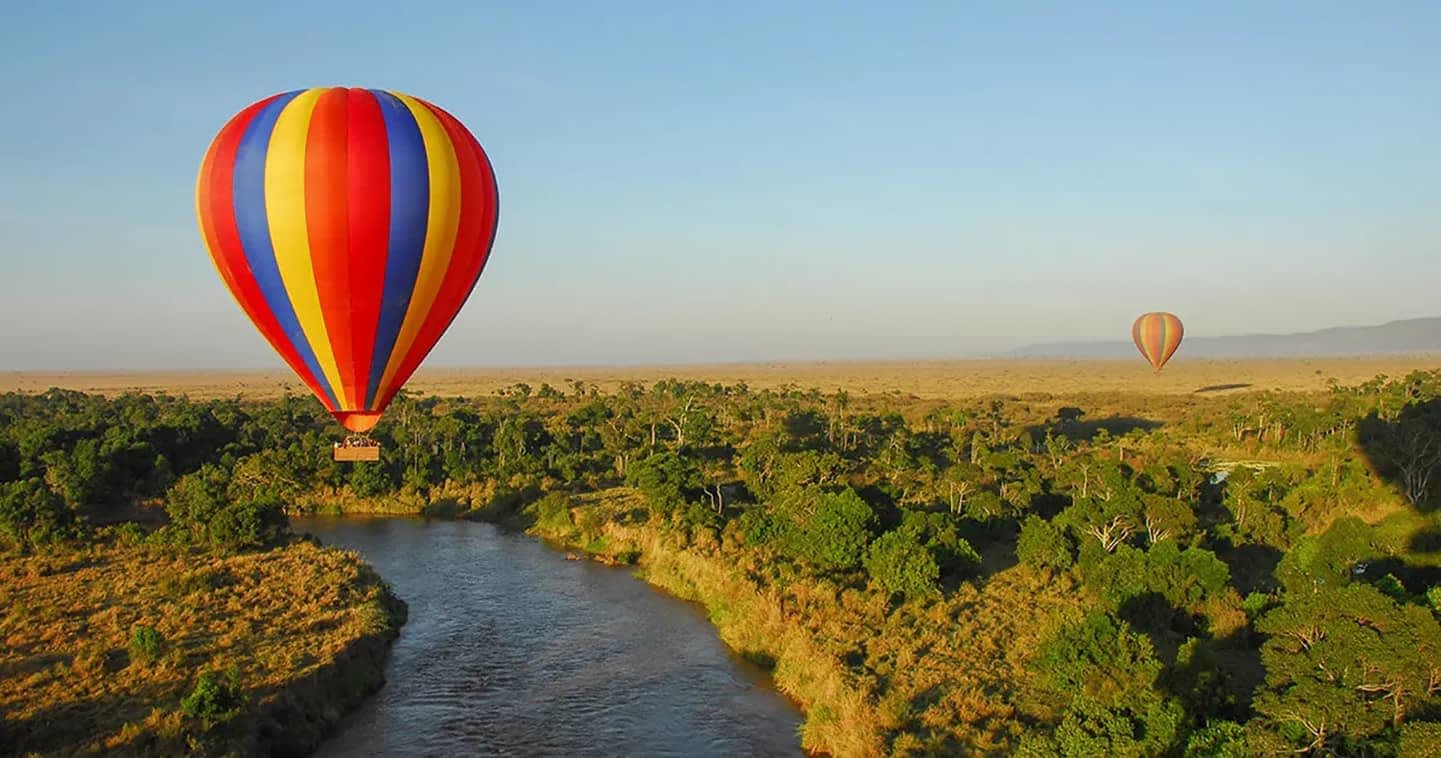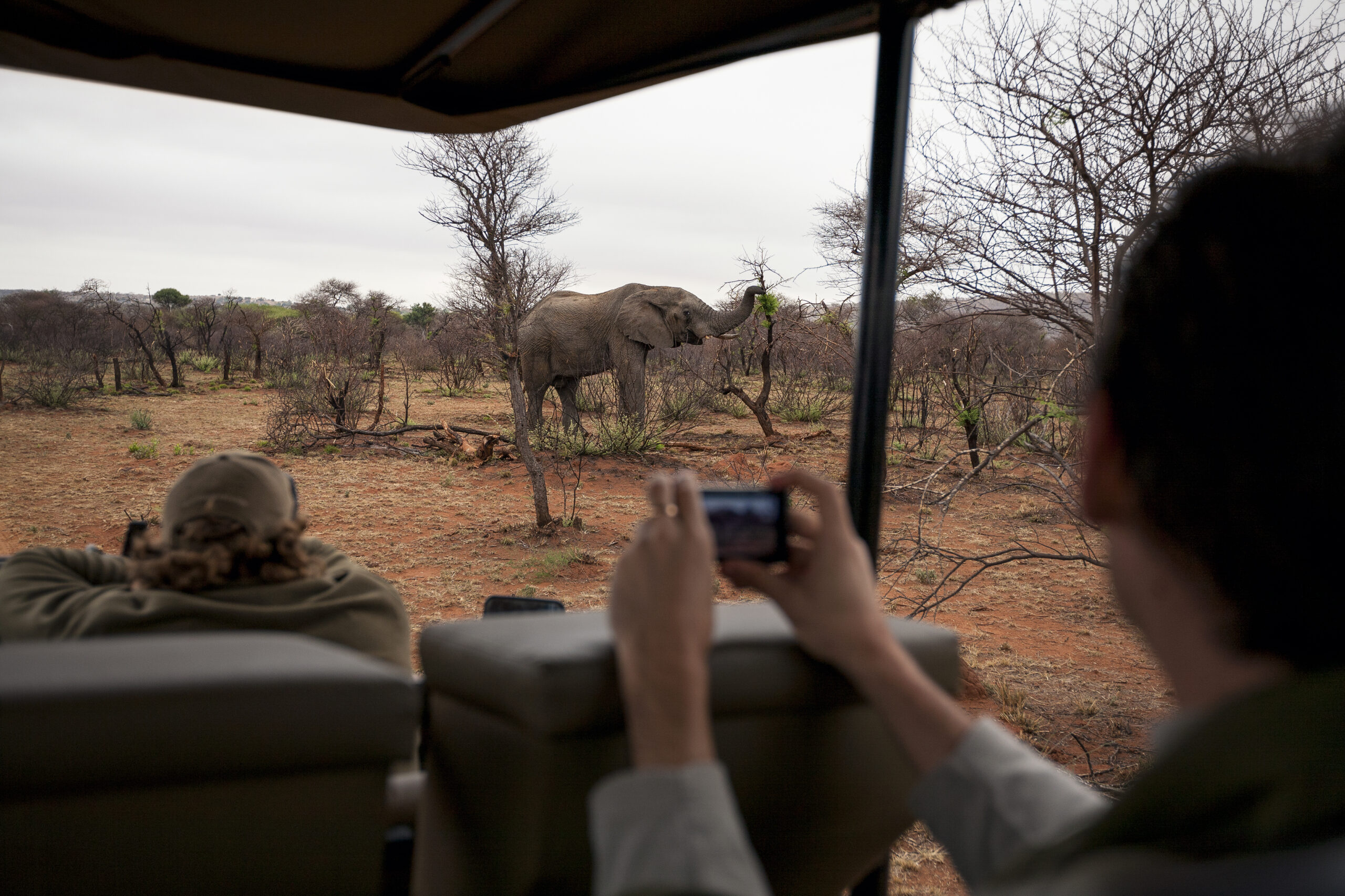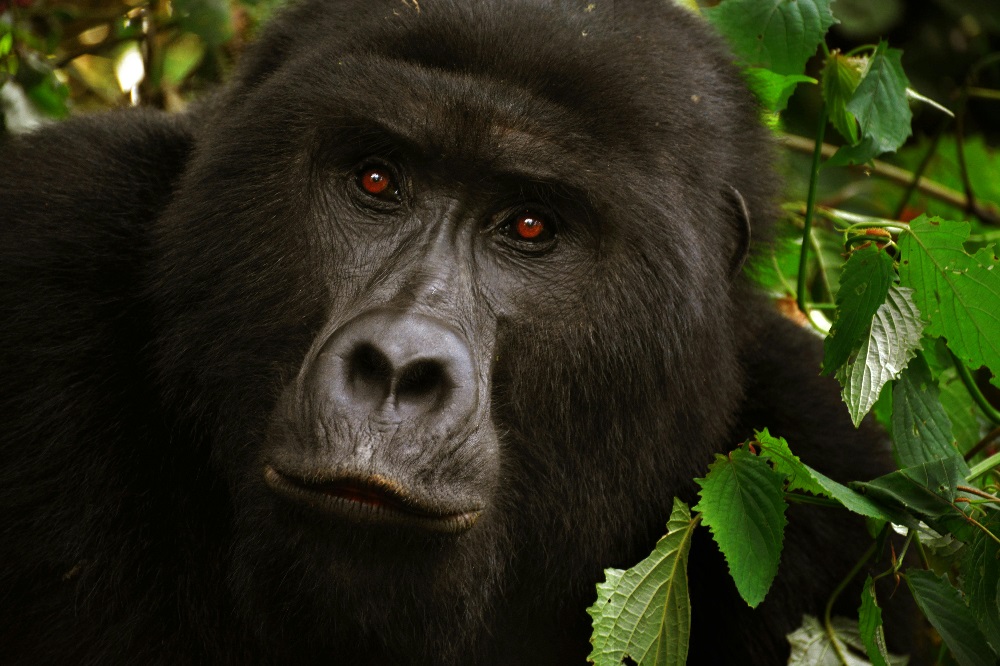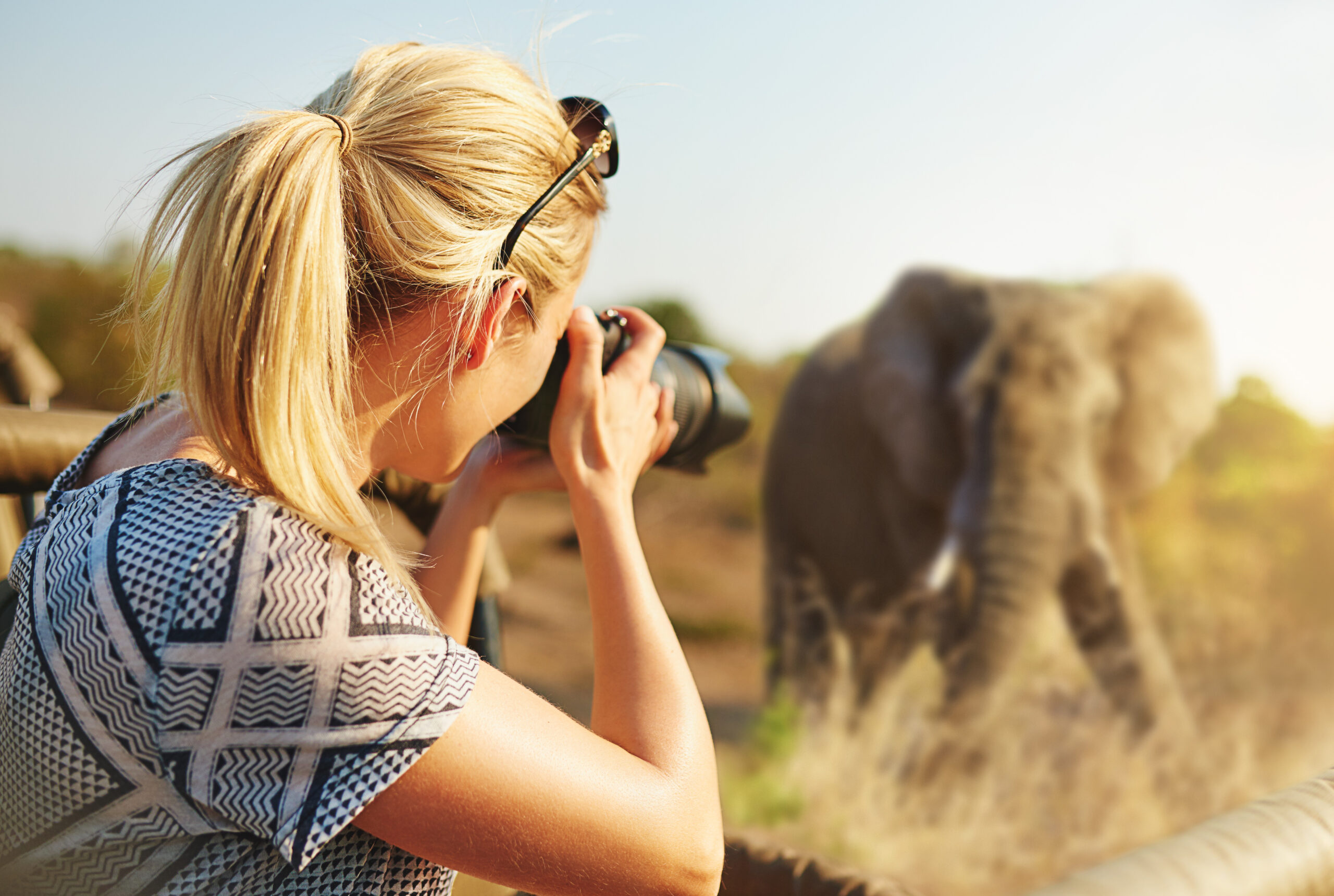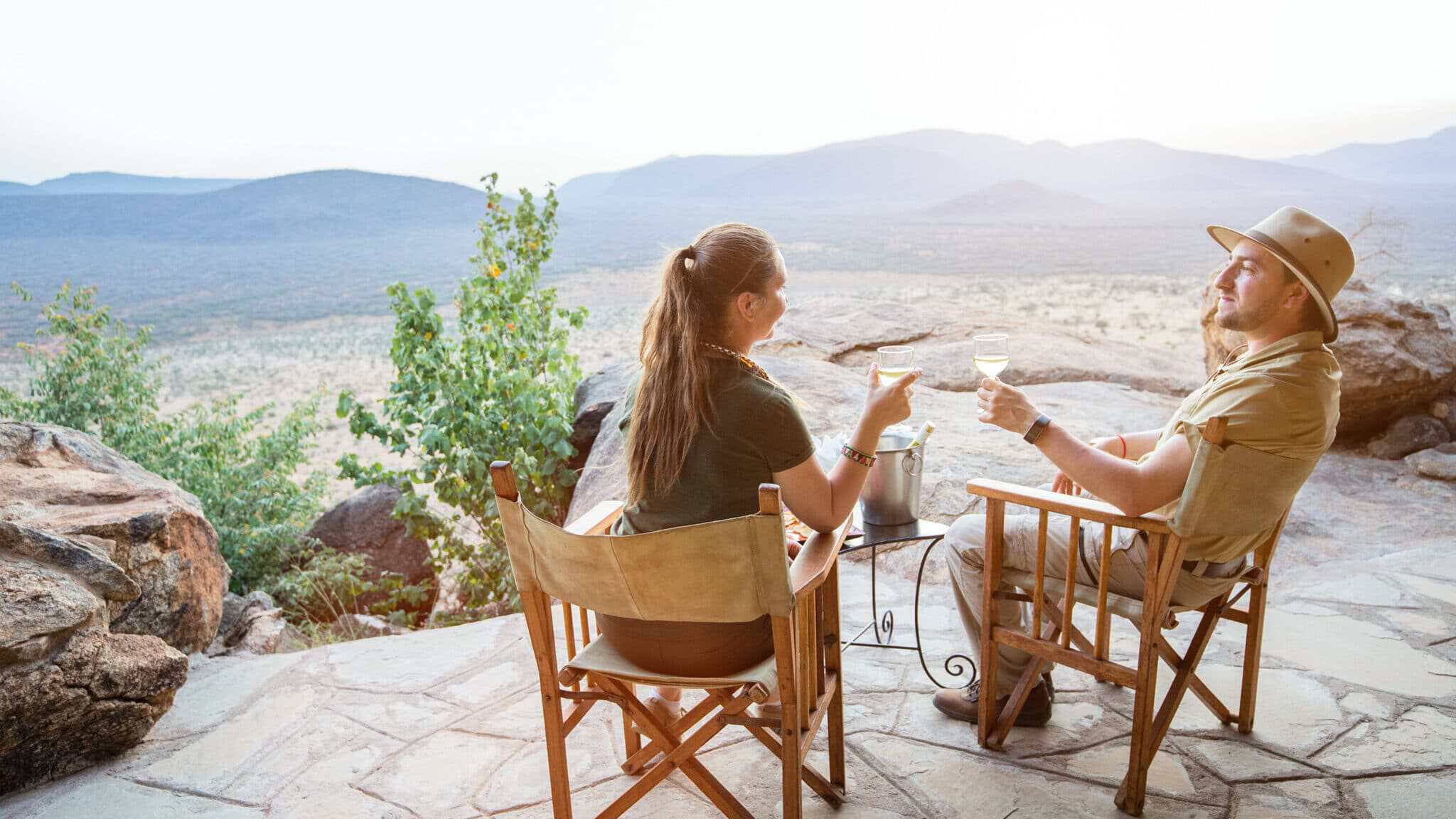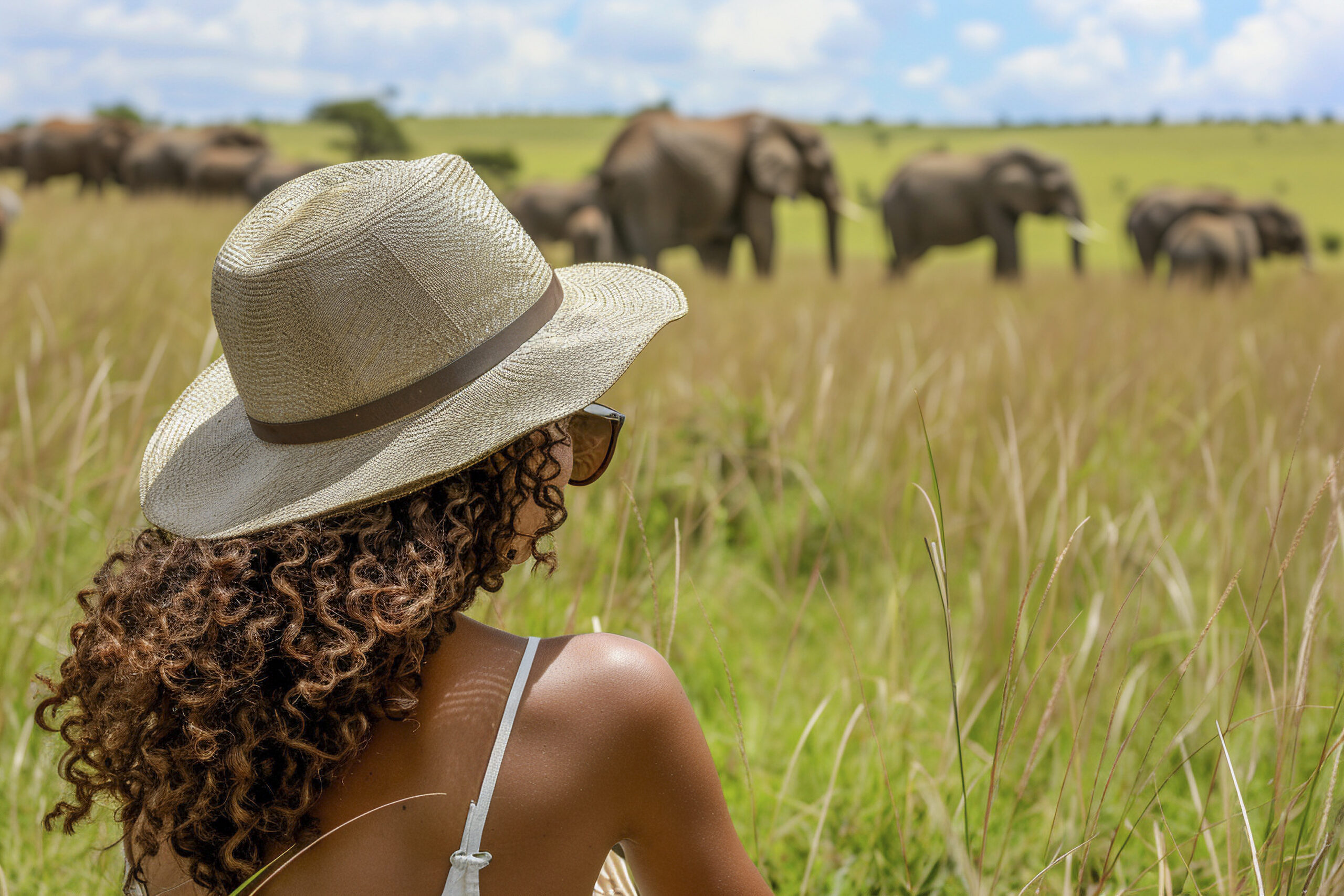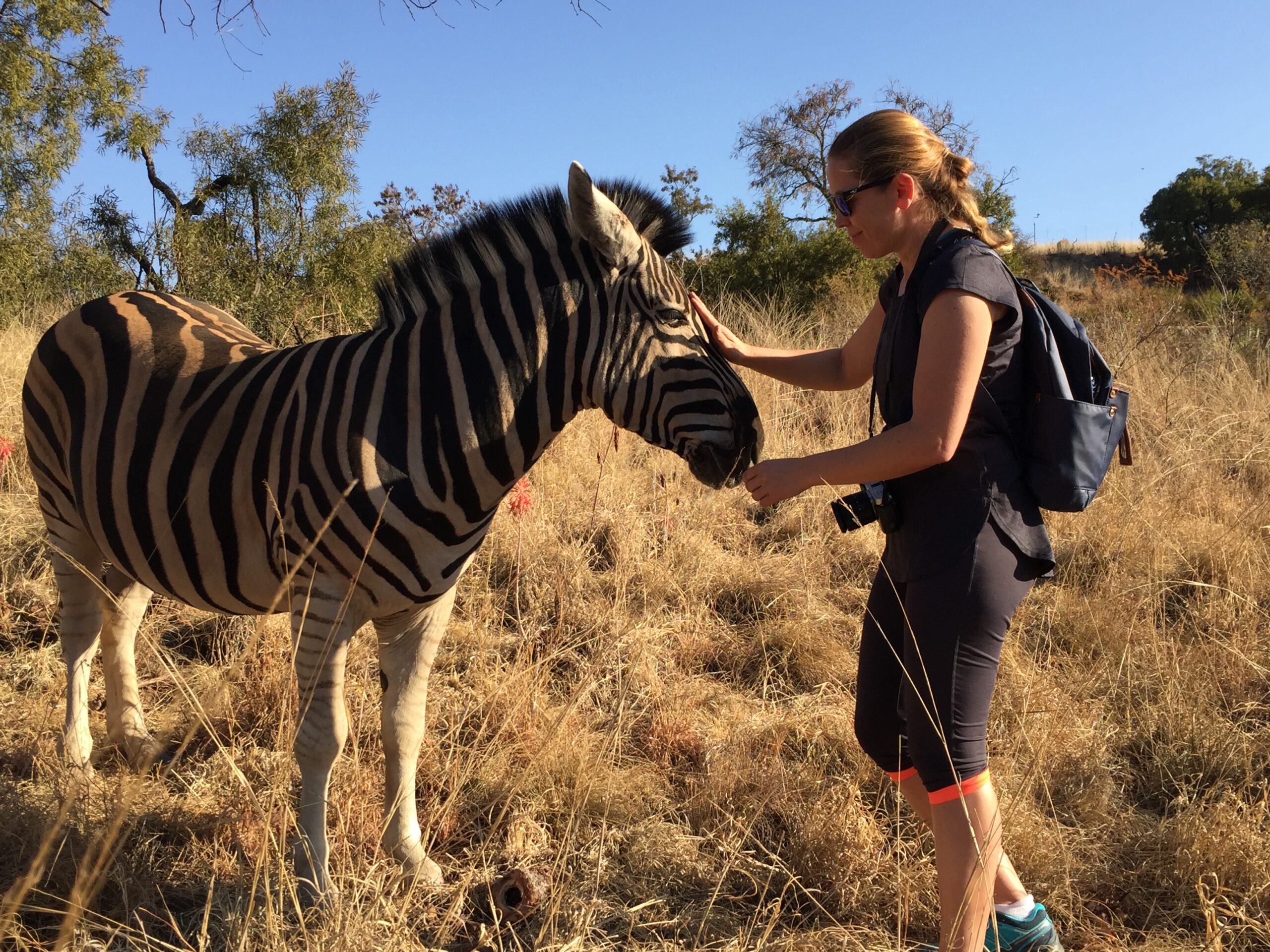When most travelers think about going on an African safari, the first thing that comes to mind is the cost. An all-inclusive safari with airfare can feel expensive at first, but when you break it down, you realize you are paying for a complete experience that covers almost everything. An all-inclusive package usually takes care of flights, accommodation, meals, ground transport, park entry fees, and professional guides. Depending on the level of luxury, the cost can range from about $3,500 to $8,000 per person for a week-long safari that includes airfare. Luxury options, where you stay in five-star lodges or fly between parks on private planes, can cost much more, often above $10,000.

The advantage of booking an all-inclusive safari is that you do not have to worry about planning every detail. Once you arrive, everything is organized for you. That means your game drives are scheduled, your meals are ready, and your guides know the best spots for wildlife viewing. Airfare is usually the largest part of the budget, but many travelers find comfort knowing that it is part of the total price. For those who want a stress-free experience, an all-inclusive safari with airfare provides peace of mind, even if the price tag looks high at first glance.
Is it worth it to go on an African safari?
The value of an African safari cannot be measured only in money. For many people, a safari is a once-in-a-lifetime experience. Watching elephants cross the savannah, lions hunting at dawn, or wildebeest migrating across rivers in Tanzania or Kenya leaves memories that last forever. When you ask if it is worth it, the answer is almost always yes, because the experience is unmatched anywhere else in the world.
Safaris also offer more than just wildlife. You get to meet local communities, taste African cuisine, enjoy breathtaking landscapes, and sometimes even take part in cultural dances and traditions. The knowledge of professional guides adds even more value, as they explain animal behaviors, conservation challenges, and the hidden secrets of the bush. While the trip may seem expensive, what you take home is far greater than the cost.
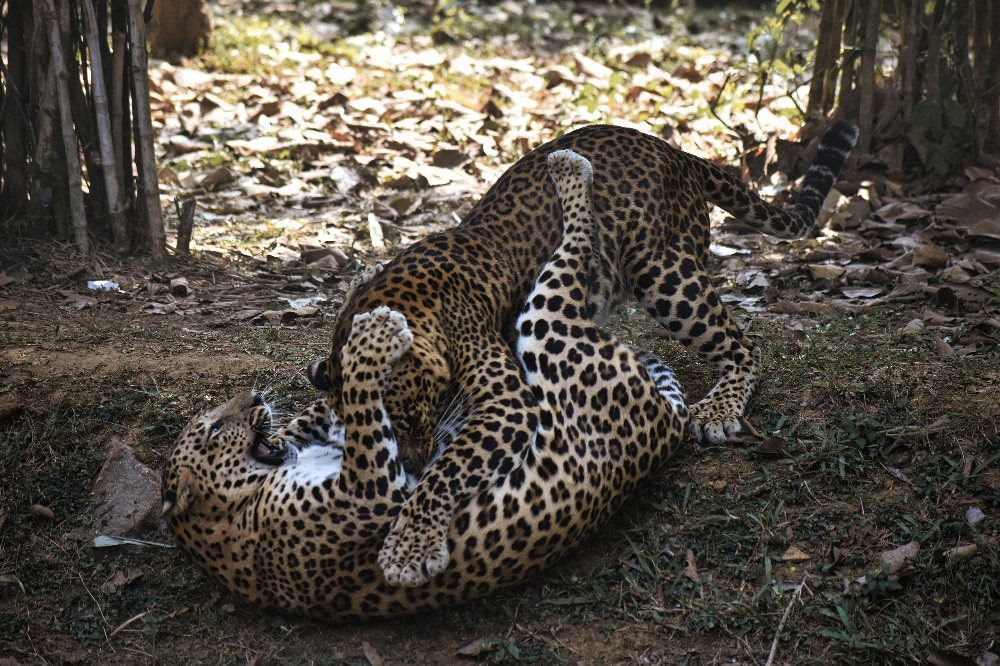
Most travelers who return from an African safari describe it as priceless. They feel connected to nature in a way they never experienced before. That emotional and spiritual connection makes the safari worth every dollar spent.
How many days should you do an African safari?
The length of your safari plays a big role in the cost. Most travelers choose between 5 and 10 days. A shorter safari of about 3 to 5 days is budget-friendly and allows you to visit one or two parks. However, if you want to experience multiple parks, see a variety of animals, and travel at a slower pace, then 7 to 10 days is ideal.
Spending more days means you have a higher chance of spotting rare animals like leopards, rhinos, and wild dogs. It also allows time for special activities like hot-air balloon rides, cultural visits, and night drives. Two weeks or more is usually recommended for travelers who want to explore more than one country, such as combining Kenya and Tanzania or adding Uganda for gorilla trekking.
Each extra day adds to the total cost, since you pay for lodging, meals, and game drives. Still, extending your safari allows you to see the full beauty of Africa without rushing. Most experts agree that 7 to 10 days is the sweet spot where you get good value without overspending.
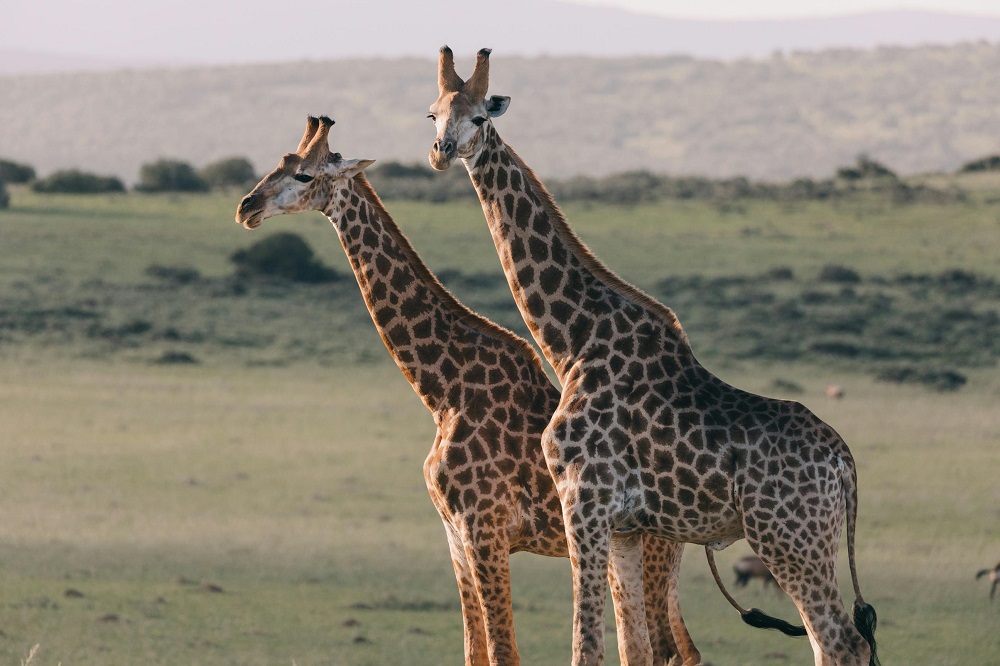
Which African country is the cheapest for safari?
Not all safari destinations cost the same. Some African countries are more affordable than others because of lower park fees, cheaper accommodation, or easier transport. For example, South Africa is often seen as one of the cheapest safari destinations because of its wide range of options. You can book budget lodges or even self-drive safaris in Kruger National Park, which reduces costs.
Kenya and Tanzania, the most popular safari countries, are a little more expensive. This is because their parks, such as Serengeti and Maasai Mara, are world-famous and attract many international travelers. The higher demand usually pushes prices up. However, these countries also offer more mid-range choices that balance comfort and cost.
Uganda and Zambia can also be affordable if you plan well, although gorilla trekking permits in Uganda are pricey. Namibia is another good value option, especially for travelers who enjoy landscapes as much as wildlife. The best way to find the cheapest safari country is to compare package prices and see which destination matches your budget.
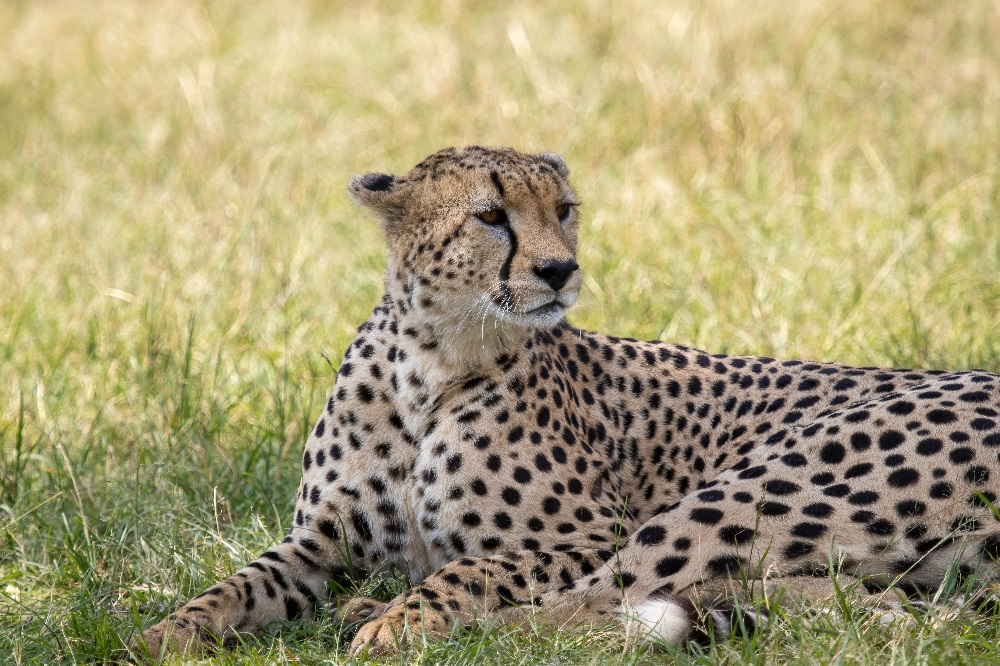
What is the average cost of a trip to Africa?
The average cost of a trip to Africa depends on where you are flying from and the style of safari you choose. For travelers coming from Europe or North America, international flights are often the largest expense. A round-trip ticket can cost between $800 and $1,500. Once you arrive, the safari itself can range from $250 per person per day for a budget safari to $1,000 or more per day for luxury safaris.
For a one-week trip, including flights, the average traveler spends between $4,000 and $6,000. This covers lodging, meals, park entry, and guided game drives. If you choose a luxury option, the cost can easily reach $10,000. Budget travelers who camp or stay in basic lodges can sometimes reduce the price to about $2,500 to $3,500 for the whole trip.
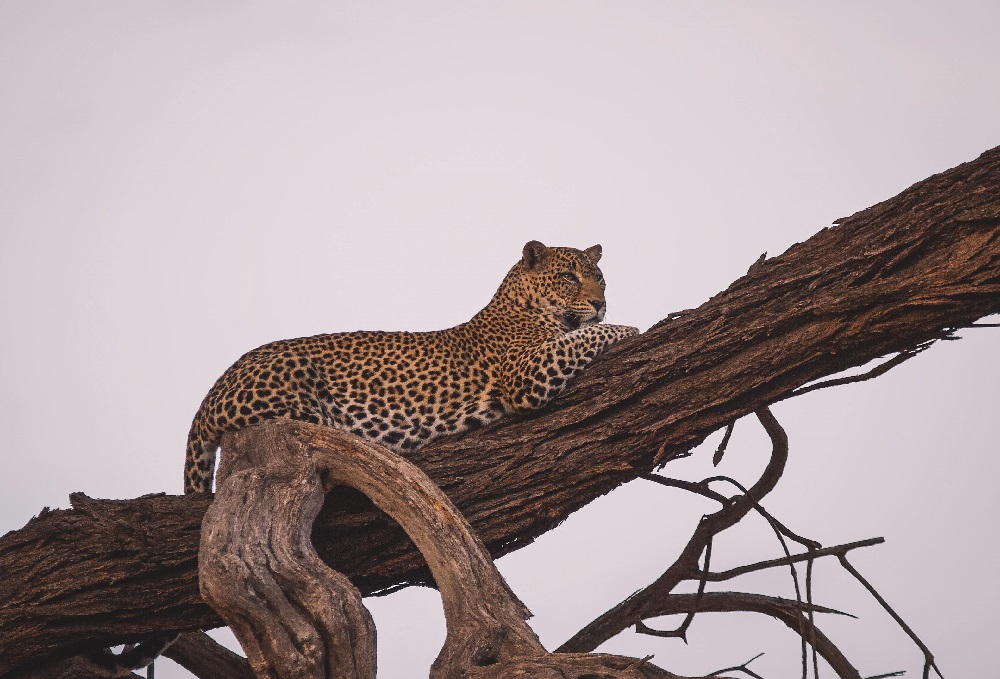
The important thing to note is that safaris are not cheap holidays. They involve costs like park maintenance, guides, and conservation fees. But these costs ensure that the wildlife and natural areas are protected for future generations.
How much travel insurance do I need for an African safari?
Travel insurance is often overlooked, but it is an important part of your safari budget. A safari takes you into the wilderness, sometimes far from hospitals or towns, so medical coverage is a must. Most travel insurance policies cost between 4% and 10% of your total trip cost. For example, if your safari costs $5,000, you might pay $200 to $500 for insurance.
Good safari insurance should cover medical emergencies, evacuation, lost luggage, and trip cancellation. Since safaris may involve activities like hot-air balloon rides, hiking, or even gorilla trekking, it is important to choose a plan that covers adventure activities.
Though it may feel like an extra expense, insurance protects you from unexpected problems. In the rare case of illness, accident, or delays, it saves you from losing thousands of dollars. For peace of mind, most safari experts recommend buying comprehensive travel insurance before your trip.
Which African safari is best for money?
If you are looking for the best safari that balances cost and experience, then mid-range safaris in Tanzania, Kenya, or South Africa are excellent choices. In Tanzania, the Serengeti offers a front-row seat to the Great Migration, which is one of the most dramatic wildlife spectacles on earth. Kenya’s Maasai Mara provides equally amazing game viewing with more budget and mid-range lodges available.

South Africa’s Kruger National Park is often rated the best value safari because it allows self-drive options and has a wide range of affordable lodges and camps. This gives travelers more flexibility and control over their budget.
Zambia’s South Luangwa National Park is also a hidden gem, known for walking safaris and fewer crowds. It provides a rich safari experience at a lower cost than Kenya or Tanzania. Choosing the best safari for money often depends on your travel style, but if you want good value, these destinations are worth considering.
What is the most expensive safari in Africa?
For those who seek ultimate luxury, Africa offers some of the most expensive safaris in the world. These safaris are designed for travelers who want exclusivity, comfort, and private experiences. Prices can range from $15,000 to $50,000 or more per person for a 10-day safari.
Luxury safaris may include private charter flights between parks, personal chefs, luxury lodges, and private guides. Destinations such as Botswana’s Okavango Delta, Tanzania’s Serengeti private reserves, and South Africa’s Sabi Sands Game Reserve are known for their high-end experiences. Some packages even include spa treatments, wine cellars, and private game drives where you never share a vehicle with strangers.
These safaris may sound expensive, but they are designed for travelers who want the very best. For them, money is not the issue, but rather the unique and unforgettable experience.
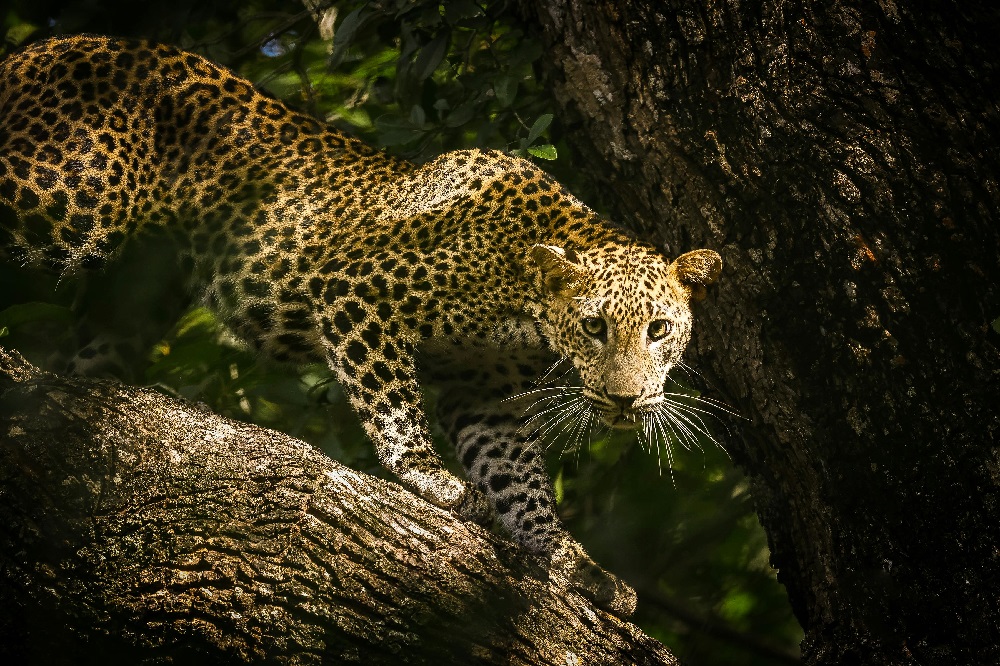
Which safari is best in Africa?
Deciding which safari is the best in Africa depends on what you are looking for. The Serengeti in Tanzania is world-famous for the Great Migration, where over a million wildebeest and zebras move across the plains. The Maasai Mara in Kenya is equally iconic, with large numbers of lions, cheetahs, and elephants.
South Africa’s Kruger National Park is the best for accessibility and variety. It has excellent infrastructure, making it easier for first-time safari-goers. Botswana’s Okavango Delta is best for a water-based safari, where you can explore by boat or mokoro (traditional canoe). Uganda and Rwanda are best known for gorilla trekking, offering a unique primate experience.

Each destination has its own highlights, so the best safari depends on your interests. Whether you want big cats, elephants, rare rhinos, or gorillas, Africa has a safari that will fit your dream.


